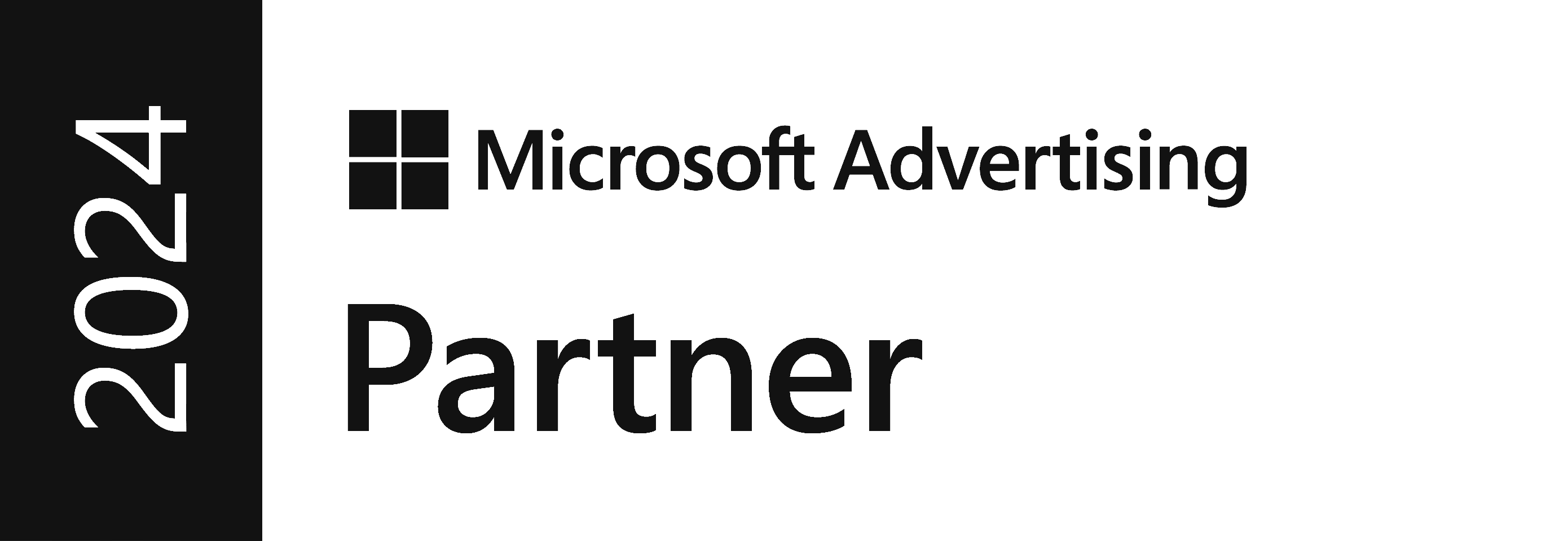We hope you had a chance to unwind over Easter and indulge in some delicious Easter egg chocolate (which, let's be real, always tastes better than regular chocolate bars).
But now it's time to get back to business and stay on top of the latest trends and developments.
In this roundup, we'll explore the challenges presented by artificial intelligence in marketing, and the shift in consumer behaviour towards ad-free media.
We'll also look at the importance of upskilling, and how it can help you stay ahead of the curve in a rapidly changing industry.
Fanta Has a New Logo
Coca-Cola's popular soft drink brand has just launched its new identity!
The new logo has been designed to capture Fanta's fun and youthful personality, with a playful design that stands out against other brands.
Instead of having different logo’s for different flavours and parts of the world, they’ve simplified it to be the same for every bottle, which is important when you're trying to market your product in different regions, as it can get kind of confusing.
With this new global logo, they're streamlining their branding and making it easier for consumers to recognise them no matter where they are.
Coca-Cola recognises that having a strong visual identity is key to building a successful brand, especially when you're trying to appeal to younger consumers.
A Third of Marketers Are Not Offered Upskilling Opportunities
According to Marketing Week's latest survey, about a third of marketers aren't getting any opportunities to upskill at work.
The survey also found that smaller companies are doing a better job of offering upskilling opportunities than larger ones.
Here at Optix, we know upskilling is important and offer colleagues the opportunity to take courses at Exeter college, where they can upskill in aspects of the industry like team management.
On the bright side however, most marketers (91.1%) feel confident that they already have the right skills for their job, with Gen Z being the most confident group (92.8%).
How confident are you about your marketing skills?
What’s Next for AI and Marketing?
A recent article from AdWeek discusses the future of artificial intelligence in marketing and highlights some key developments.
It notes that AI is becoming increasingly integrated into marketing strategies, with companies using it to automate tasks, analyse data, and personalise content.
Where the discission starts between us as marketers, or even people working in other industries, is some of the challenges associated with using AI.
It’s our responsibility to not rely on it, but use it as a helpful tool.
As mentioned last week, huge topics that people are concerned about include privacy and the potential for bias in AI algorithms, along with misinformation and disinformation.
Companies can address these challenges by being more transparent about their use of AI, ensure the algorithms are ethical and fair, and make sure that they fact check their content if it has been written by programs like ChatGPT.
We’ve already seen ChatGPT banned in Italy, which implies there could be some strong resistance to it already. It may seem very Skynet-esque, but is it really the future of marketing?
There’s already petitions to stop the advancement of AI, with big names like Elon Musk getting involved.
Adverts Aren’t Working Anymore
If you're like most people, you probably watch some TV shows, listen to the radio, or read newspapers or magazines. But have you noticed that you're not as engaged with these media as you used to be?
According to a recent report, ad-supported media is experiencing a decline in consumer engagement, especially among younger audiences.
Why is this happening?
Well, one reason could be the rise of digital media. More and more people are streaming their favourite shows and movies online or listening to podcasts, which often don't have any ads.
Plus, younger generations tend to be more tech-savvy and prefer to consume media on their phones or tablets.
So, what can advertisers do to keep people engaged with their ads?
One strategy is to personalise the ads and make them more relevant to the viewer's interests. For example, if you're watching a cooking show, you might see an ad for kitchen appliances or cooking classes.
By personalising ads and finding ways to integrate them into the viewing experience, advertisers can continue to reach their target audience even in a changing media landscape.
Interesting Times Ahead
There was a lot to talk about this week, and there’s even more discussed in the podcast!
So, if you want to keep up to date with all things digital marketing and more, check out our podcast, where you’ll be able to listen to a brand new episode every Friday.
You can access the podcast via these platforms:
• Spotify
• YouTube
1st Floor, Alphin Brook House,
Alphin Brook Road,
Exeter EX2 8RG
MORE THAN
Digital
Marketing.
View our sustainability page.
PPC for B2B
PPC for Law Firms
PPC for Luxury Ecommerce Brands
PPC for Travel and Tourism






